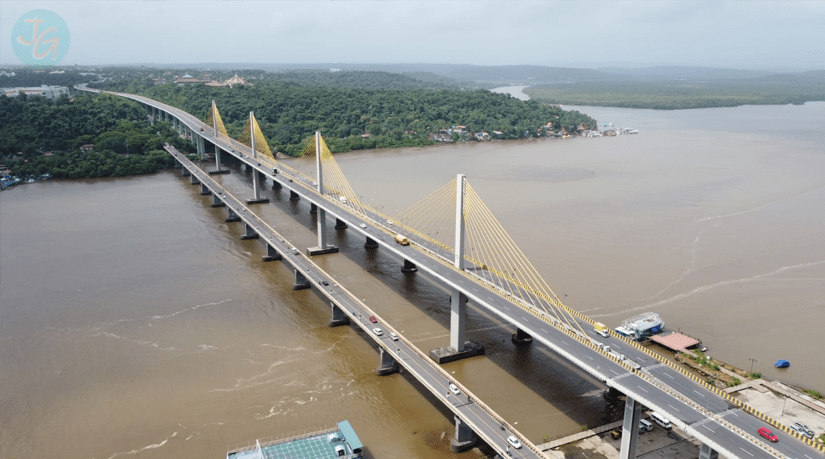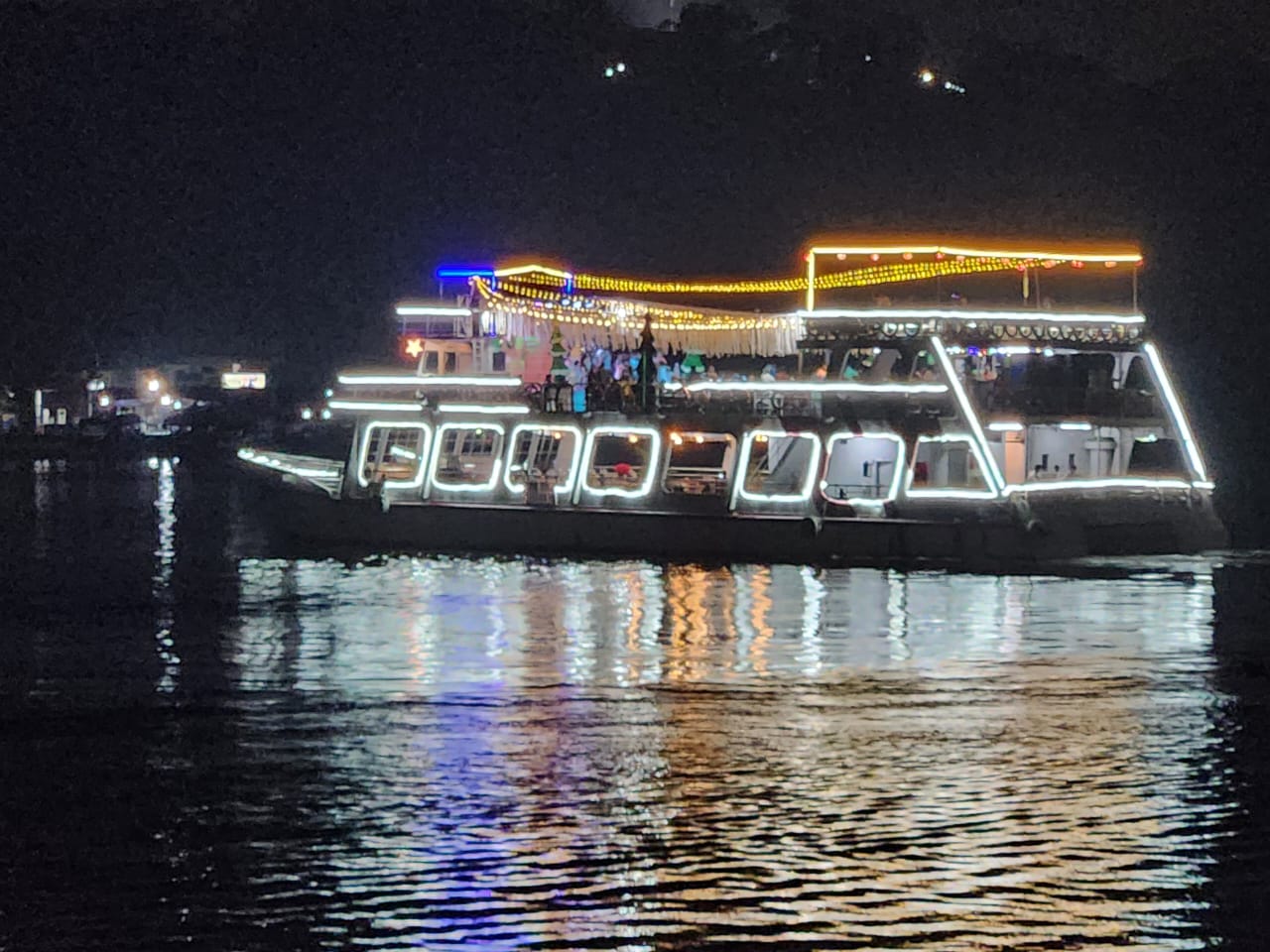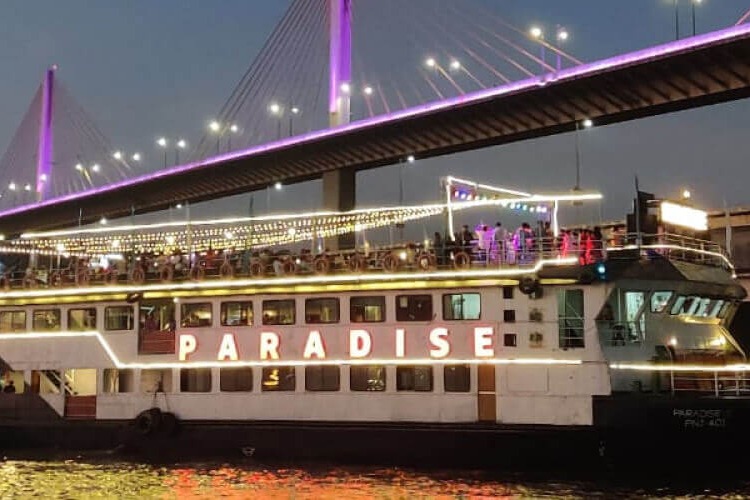Panaji
Panaji, also known as Panjim, is the state capital of Goa, a small but picturesque state on the southwestern coast of India. Nestled on the banks of the Mandovi River, Panaji is known for its charming blend of Portuguese colonial architecture, bustling markets, vibrant culture, and stunning riverside scenery.
Historical Background
The history of Panaji is deeply intertwined with the Portuguese era, which began in the early 16th century when Portuguese traders and explorers first landed in Goa. It wasn't until 1843, however, that Panaji was elevated to the status of a city and became the capital of Goa, replacing the then-decrepit city of Old Goa. The influence of over 450 years of Portuguese rule is still vividly evident in the architectural and cultural fabric of the city.
Architecture and Landmarks
Panaji's architectural landscape is a delightful mosaic that reflects its colonial past. The city’s heart, the Latin Quarter or Fontainhas, is a UNESCO Heritage Zone, characterized by narrow winding streets, quaint colorful houses with tiled roofs, oyster shell windows, and overhanging balconies. Fontainhas retains a distinctly Portuguese ambience, enhanced during the annual Fontainhas Festival of Arts, where the area comes alive with music, dance, and art displays.
Prominent landmarks in Panaji include the Church of Our Lady of the Immaculate Conception. Built in 1541, this church is perched on a hill overlooking the main square with its distinctive zigzagging stairway and striking white façade. Another notable site is the Adil Shah Palace (Old Secretariat), which predates Portuguese rule and serves as a repository of Goa's history.
Cultural Tapestry
Panaji is a hub of cultural activity with a busy calendar of festivals, art exhibitions, and musical performances. The International Film Festival of India (IFFI), hosted annually in Panaji, attracts cinema enthusiasts from across the globe. Additionally, the city's proximity to other tourist attractions in Goa, including famous beaches and historical sites, adds to its appeal as a cultural nexus.
Culinary Scene
The cuisine in Panaji is a testament to its rich cultural mosaic, featuring an array of seafood dishes influenced by Konkani, Portuguese, and other culinary traditions. Local specialties such as fish curry, pork vindaloo, and bebinca (a layered dessert) are must-try dishes. The city's culinary scene ranges from high-end restaurants serving gourmet international cuisines to street-side eateries offering delectable local snacks.
Environment and Lifestyle
Panaji promotes an easygoing lifestyle, with its scenic promenades along the Mandovi River, verdant public parks such as the Garcia de Orta Garden, and vibrant street markets like the Panjim Market. The city's emphasis on conservation is evident in areas like the Salim Ali Bird Sanctuary, a haven for bird watchers.
Economy and Development
While tourism remains a significant part of its economy, Panaji also moves towards modernization and sustainability. Efforts are being made to preserve its architectural heritage while accommodating the growing needs of its population and visitors.
Conclusion
Panaji stands out as a city that beautifully captures the essence of Goa's unique heritage and vibrant culture. Whether you are drawn by its historical allure, cultural richness, delightful cuisine, or the serene landscapes, Panaji offers a memorable experience that blends the charms of the past with the vibrancy of the present.












